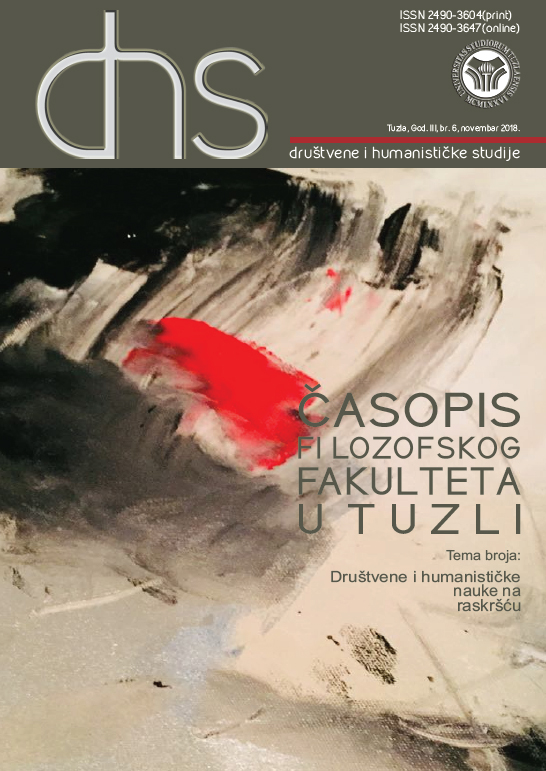Platonovo poimanje paideie
Plato’s Concept Of Paideia
Author(s): Mirela KarahasanovićSubject(s): Philosophy, Education, History of Philosophy, Ancient Philosphy
Published by: Filozofski fakultet Univerziteta u Tuzli
Keywords: Plato; paideia; soul; mind; state; justice; individual;
Summary/Abstract: Understanding the intellectual history of the modern concept of education is incomplete if Plato’s perception of the paideia is excluded. Unified state education, a unique educational principle, a step-by-step educational process, the selection of citizens through education towards a certain profession are just some of the consequences which could be recognized even today. In terms of Ancient Greece,Plato can be called the reformer of traditional paideia. The role of the traditional paediatrician Plato is expressed through the ontological foundations of education,which also gives the rise to his social foundation. In order to bridge the gap between political power and philosophical knowledge, Plato postulates a common political and educational goal, which are united in a moral norm. The consequence of the decadence of education is also the consequence of the decadence of politics.According to this, education is born by all the burden of political as well as cultural life of the policy. Leaded by philosophical knowledge, it is a kind of constitution of the state, but also the only way to bridge the gap between human existence and its essence, realized in it and ,therefore, realized to the world of immortality. Therefore,the social context of education is impossible to fully understand if its ontological and logical foundation is excluded.
Journal: DHS-Društvene i humanističke studije: časopis Filozofskog fakulteta u Tuzli
- Issue Year: VI/2018
- Issue No: 6
- Page Range: 281-298
- Page Count: 18
- Language: Bosnian

